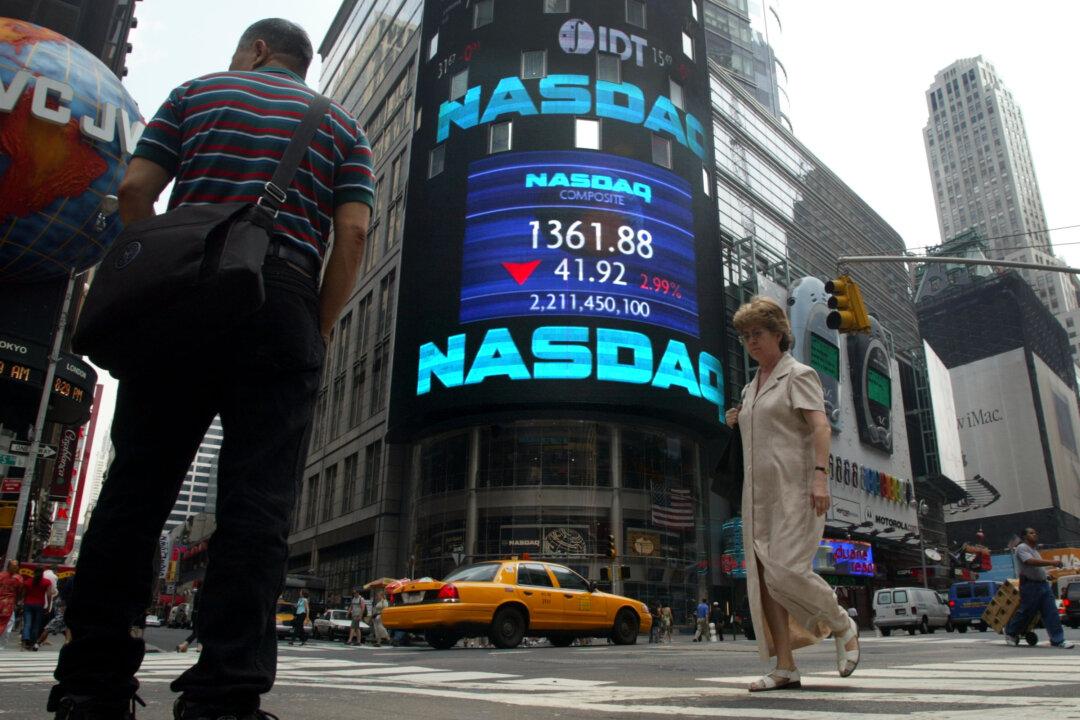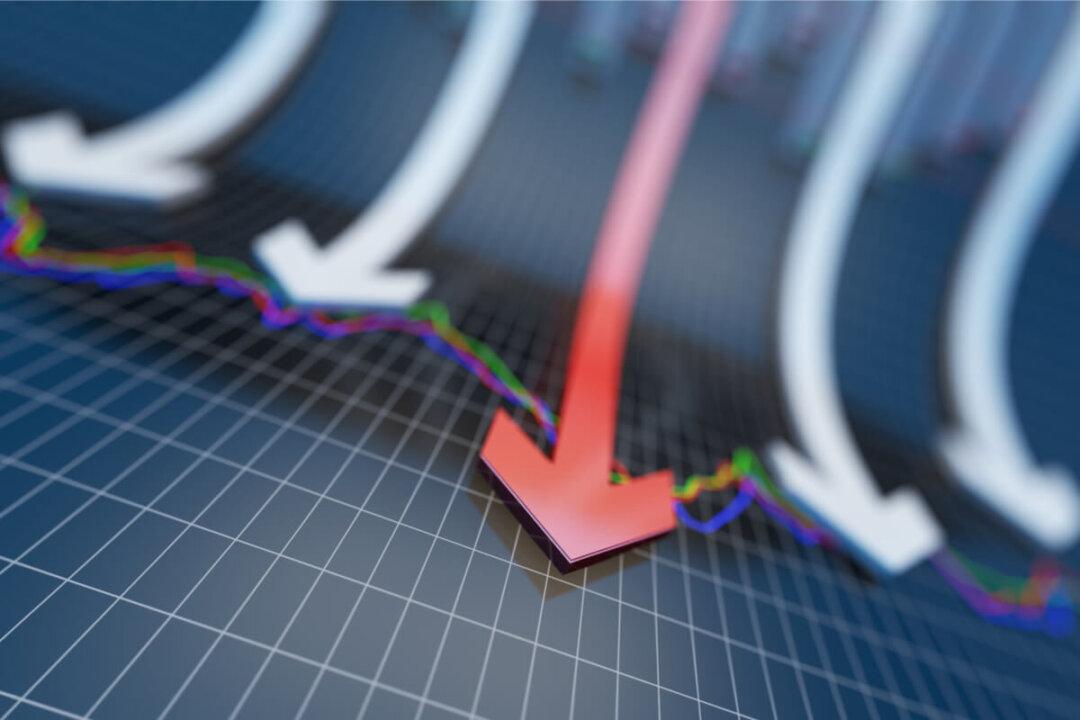Commentary
The tech boom is a hot topic stemming mainly from tech stock prices. While the sector, as reflected by, say, the Nasdaq index performing brightly over the last year, the overall picture was not good. Small cap indexes like the Russel 2000 were basically stagnant over the same period. Even broadly famous indexes like the S&P 500, excluding the “magnificent seven,” showed a much-reduced rise. No one would deny the unlimited future of tech, but what matters is how quickly it could be transformed into earnings. It seems the market is pricing in an increasingly distant future.





